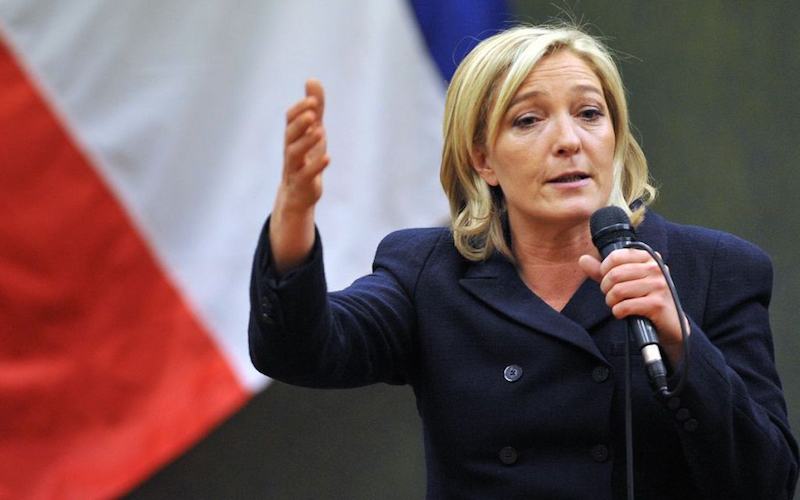
A Turn to the Right: The Future of the European Union
In the wake of the Second World War, the world turned toward collective security and economic liberalism, leading to the establishment of the European Community (today known as the European Union).
Jean Monnet first articulated the vision of a European Community in which “economic integration would be vital to eliminating intercontinental conflict and prosperity.” Political integration was the ultimate endgame, with economic integration as the prerequisite for such a goal.
Nevertheless, the results of the European Parliament elections in May saw an influx of right-wing, eurosceptic parties. It is possible that these right-wing parties will become the norm in European politics, not just the nationalist, xenophobic outliers – endangering the Union’s liberal foundations and the future of the entire Union.
The recent surge of right-wing political parties has changed Europe’s political climate from championing integration to opposing it. This trend comes at a time when the European Union’s popularity is waning: in 2007, 52 percent of Europeans had a positive view of the EU, a figure that dropped substantially to 30 percent in 2013.
It is possible that these right-wing parties will become the norm in European politics, not just the nationalist, xenophobic outliers – endangering the Union’s liberal foundations and the future of the entire Union.
These numbers serve as a clear indication of Europeans’ dissatisfaction with the once-popular Union, a shift captured in the rhetoric of the leader of the United Kingdom’s Independence Party, Nigel Farage: “European integration once seemed inevitable,” he said; “from now on it is no longer so.”
Economic hardship is one of the reasons for the less-than-wholehearted enthusiasm for the European Union as well as, says The Economist, “concerns about the way globalization…undermines countries’ ability to defend their jobs, traditions and borders,” creating a desire to halt any further political integration.
These concerns comprise an element of “identity politics,” assimilating a stronger sense of nationalism and a distaste of immigration, especially from the Muslim world, into the argument of the right-wing parties.
As these radically nationalist parties become engrained in the mainstream European political environment, there is a fear that right-of-center and even leftist parties on the political spectrum will adjust their policies simply to garner votes. An example of this suspicion is that the United Kingdom’s Conservative Party has demonstrated “increasingly hardline” attitudes towards the EU while the opposition Labour Party followed suit, promising to enact tougher immigration policies.
The fear among many is that these more moderate parties will “harden their stance” on issues, acquiescing to more extreme views simply to stay relevant and guarantee votes. If these parties shift further to the right, the political climate will permanently change and the ideas that originally molded the European Union after World War II will become obsolete.
If right-wing parties continue to enter the mainstream of European politics at the current pace, then the liberal principles of the European Union will vanish, putting the future of the European Union in jeopardy.
The European Union’s turn to the right calls into question its longevity. Will it continue to exist or was it always destined to fail? Were its liberal policies of preventing war with economic cooperation and gradual political integration too naïve?
If right-wing parties continue to enter the mainstream of European politics at the current pace, then the liberal principles of the European Union will vanish, putting the future of the European Union in jeopardy. The European Union represents an unprecedented form of collective government and shared economics. If it dissolves due to the resurgence of nationalist, anti-EU sentiments, the world’s most idealistic attempt at supranational politics will be lost as well.
This article was originally posted in Charged Affairs.

